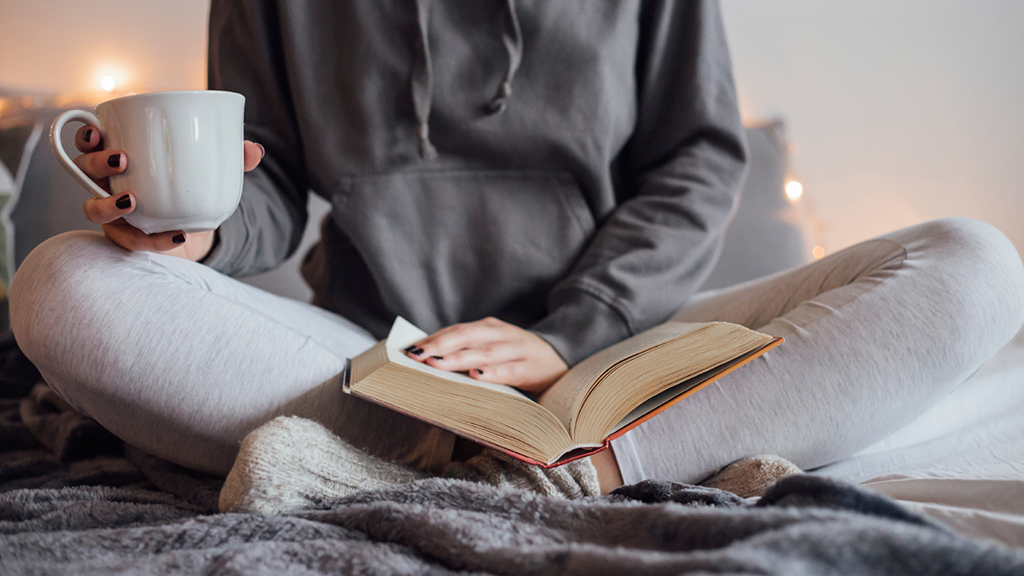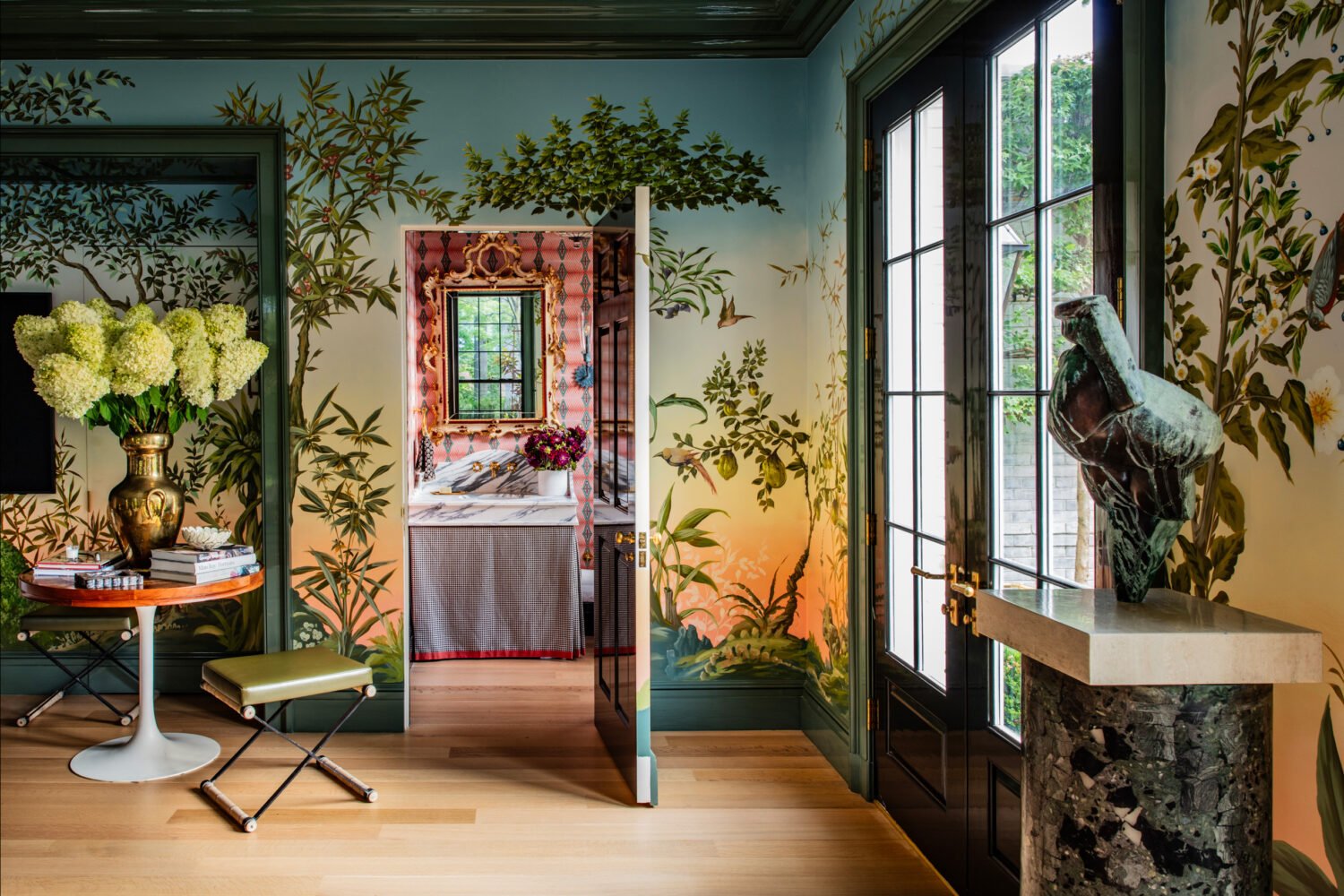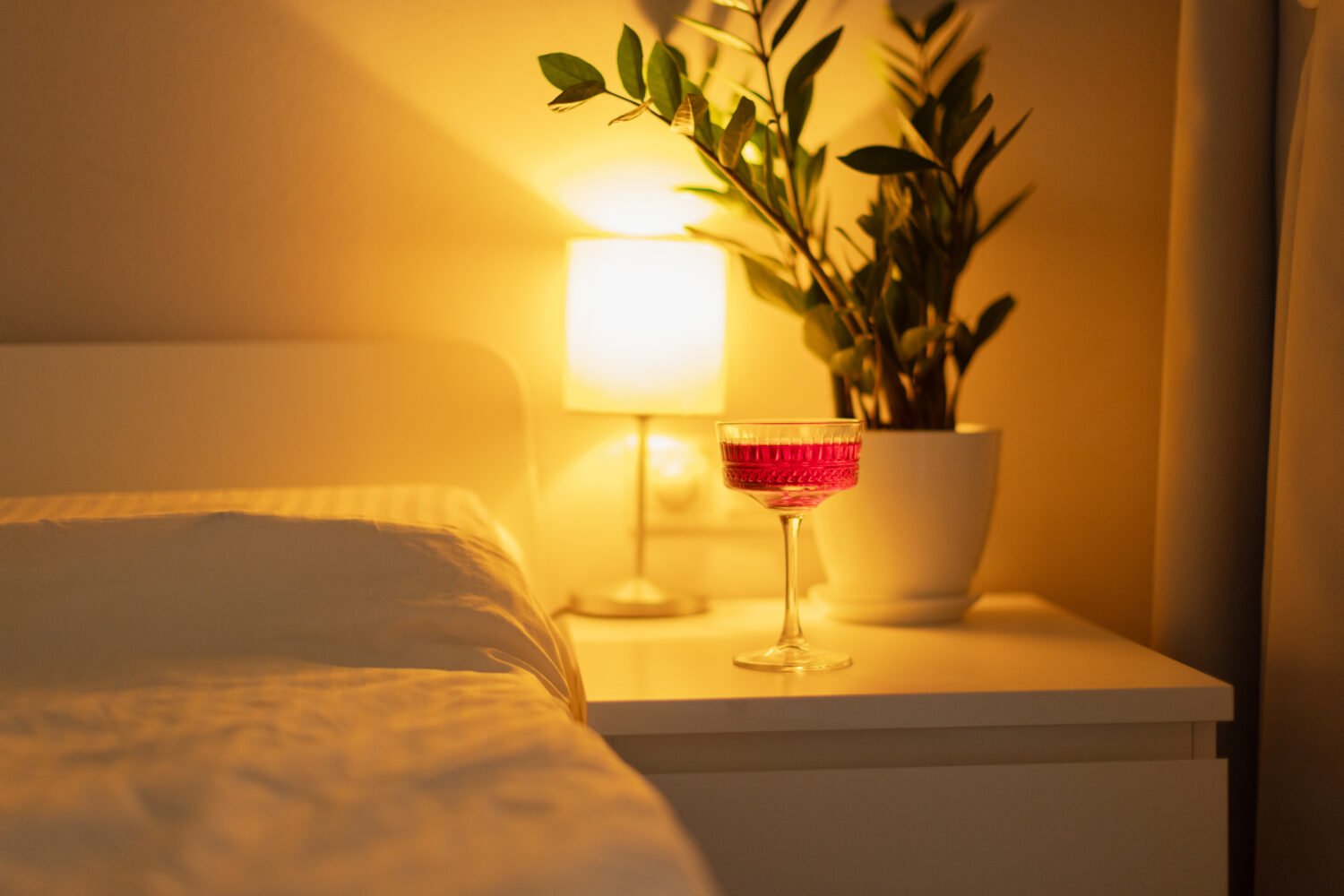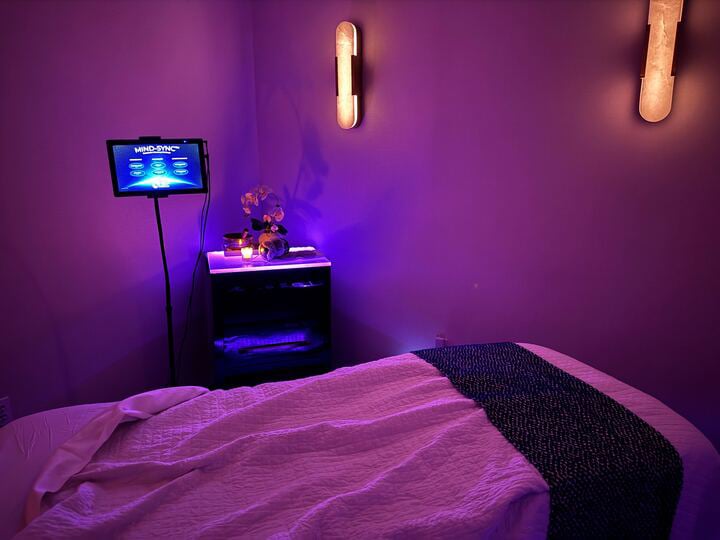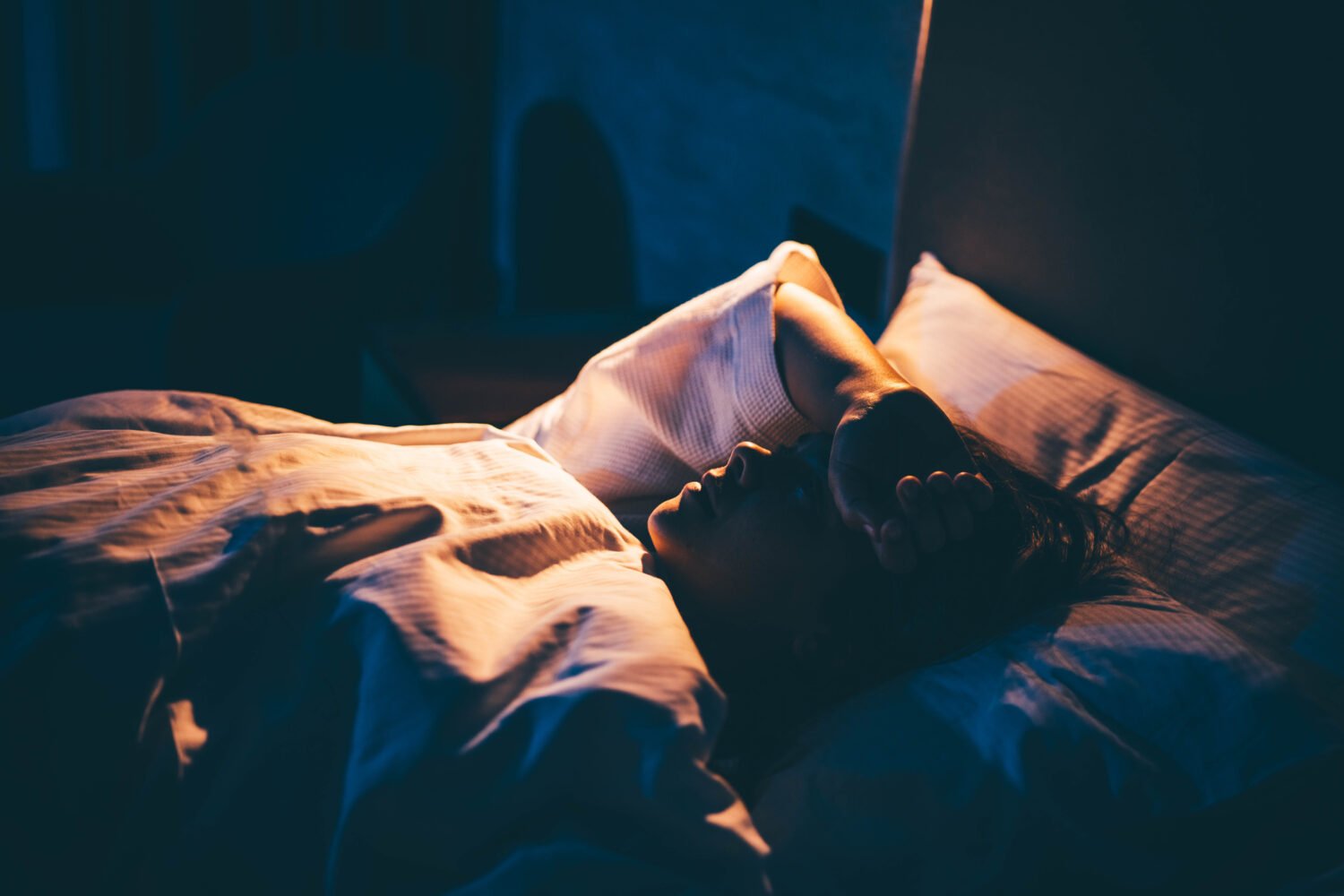Designing a beautiful bedroom is one thing. Designing one that’s conducive to a good night’s sleep is another. That’s where Dr. Helene Emsellem—medical director of the Center for Sleep & Wake Disorders in Chevy Chase and a 30-year sleep-medicine veteran—comes in. Here’s a conversation with her.
Is it important for the bedroom to be pitch-black?
A little ambient light is usually okay. If you totally soundproof and lightproof a room, it’s unnerving for some. People are variably sensitive to the lights on their DVRs and clocks and whatnot, so arranging those things so they’re not shining at you could be helpful.
Do you have any specific bed or mattress recommendations?
My own sense is that a little softness in the upper layers is good, but some stiffness and resilience in the lower portion of the mattress—so it doesn’t just mush away completely—tends to be a good combination.
Are there certain ways to position a bed that affect sleep?
I think it’s a bit unnerving to be in a bed where you can’t see the doorway. You also have to look at the window situation at night, because if you end up with a big streetlight next to your window, you’re going to have to put blackout curtains up. It’s a good idea to look at the room in the dark with the shades up and see what you’re going to have to contend with. And if you look in the summertime, when the trees are all full of leaves, there may not be an issue until the winter.
What’s the optimal room temperature?
The general thought is that a little on the cooler side is more comfortable. The problem arises when you’ve got a bed partner who has a different body-temperature clock. If you keep it cooler, then the colder bed partner can usually get bundled up enough to get comfortable. But I don’t think there’s a magic temperature.
Are any kinds of noises helpful to a restful sleep?
I find that some sound—either total white noise or a more involved sound—can be helpful. For the people who can’t turn their heads off, sometimes mu-sic is an adequate distracter. I have people futz with the music to try to figure out what is a good distracter for them. Do they just want nature sounds, or do they need a TED Talk or podcast? Sounds you find to be sufficiently distracting, but not too engaging, is the critical part.
Which electronics are the worst to have in the bedroom?
Well, taking them away is almost impossible, but if you were going to take a virgin bedroom, I would probably not put a TV in it. For the younger generation, the bigger enemy is cuddling your laptop when you go to sleep. [The problem with] electronics is twofold: It’s light and cognitive engagement. If people like to read before they go to bed, I actually have them go on Amazon and spend ten bucks on a pair of orange-lens glasses, which filter out the blue light, the more alerting portion of the light spectrum.
Is it okay to have your cell phone readily available?
If you can use it in a compartmentalized way—leave it sitting there and not get involved with it—it’s fine. But we have a generation of kids growing up who don’t talk in their sleep; they text in their sleep. It’s a terrible lure sitting at the bedside. It’s a matter of your personal level of self-control. If three nights out of the week you’re futzing with your phone during the night, then plug it in in the kitchen and give it up.
What are the best kinds of blinds, shades, or window coverings?
If you find that you’re extremely light-sensitive, they have blackout curtains that really are going to make it dark, but some people in that setting have trouble waking up on time. If you have to block light that aggressively, you lose the advantage of sunrise and of a gradually increasing ambient light. Some shades let a little ambient light through. If you can sleep with that, great.
What other tips do you give patients?
For a lot of people, when the room is a mess, it’s unnerving to sleep. Trying to keep the bedroom isolated—and not like an office where you’ve got piles of paper, books, and computers—is nice. This idea that we program ourselves to stay awake in bed and work, worry, and stress is not good for sleep at all. What you do in that bedroom in the way of work—you have to recognize that your brain is going to link those to your bed, which can become a rather aggressive source of anxiety and insomnia if you’re not careful.
This article appears in our March 2016 issue of Washingtonian.

